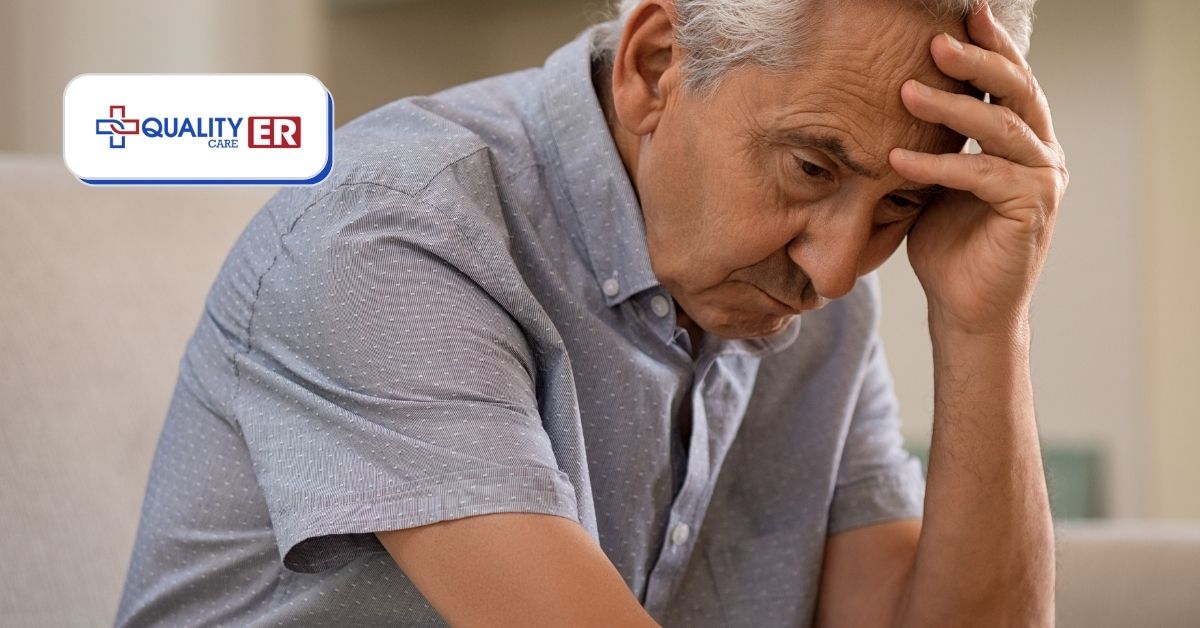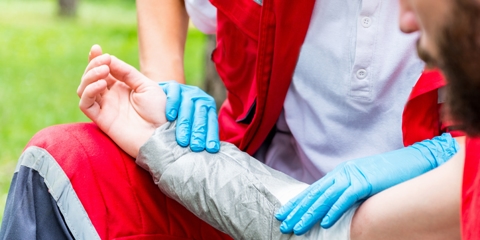Physical Changes That Come With Alzheimer’s Disease
Though Alzheimer’s is a cognitive disease that can affect a patient’s memory and other mental abilities, it can also affect a patient’s body. If left alone, a patient could risk being injured and needing emergency medical attention.
Keep reading to learn more about the physical changes your loved one may endure and when to seek care.
Common Symptoms
Here are a few of the top symptoms that can affect your loved one’s physical wellness:
- Loss of balance or coordination.
- Weak or stiff muscles and fatigue.
- Shuffling or dragging feet when walking.
- Trouble standing or sitting up in a chair
- Trouble controlling bladder or bowels.
- Seizures or uncontrollable twitches.
Reduced Immunity
As the mind and body begin to decline, patients are often left more vulnerable to other diseases. Infections like COVID-19 and conditions such as pneumonia and heart attacks are more common, making patients more likely to develop severe symptoms.
Signs Your Loved One Is Having An Emergency
Whether your loved one lives at home alone or in a group home, we know that it can be scary to determine whether or not they should go to the emergency room. These are common signs that your loved one should go to the ER:
- Trouble breathing.
- Chest pains.
- Sudden slurred speech.
- Unresponsive/unconscious or disoriented.
- Severe allergic reaction.
- Sudden blindness.
- Vomiting blood.
- Sudden weakness.
- Bleeding that will not stop.
- Broken bones.
- Serious burns.
Additionally, the most common reasons elderly patients visit the ER include:
- Stroke.
- Dehydration.
- Abdominal pain.
- Slips and falls.
- Trouble breathing.
- Chest pain.
- Pneumonia.
Emergency Medical Care in Paris & Greenville
Remember that patients with Alzheimer’s should never drive on their own or be left alone — whether that means living with family or with assistance. If your elderly loved one is experiencing a medical emergency, dial 911 and visit our team at Quality Care ER.





.jpg)